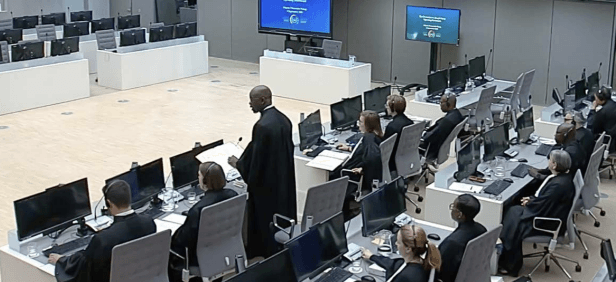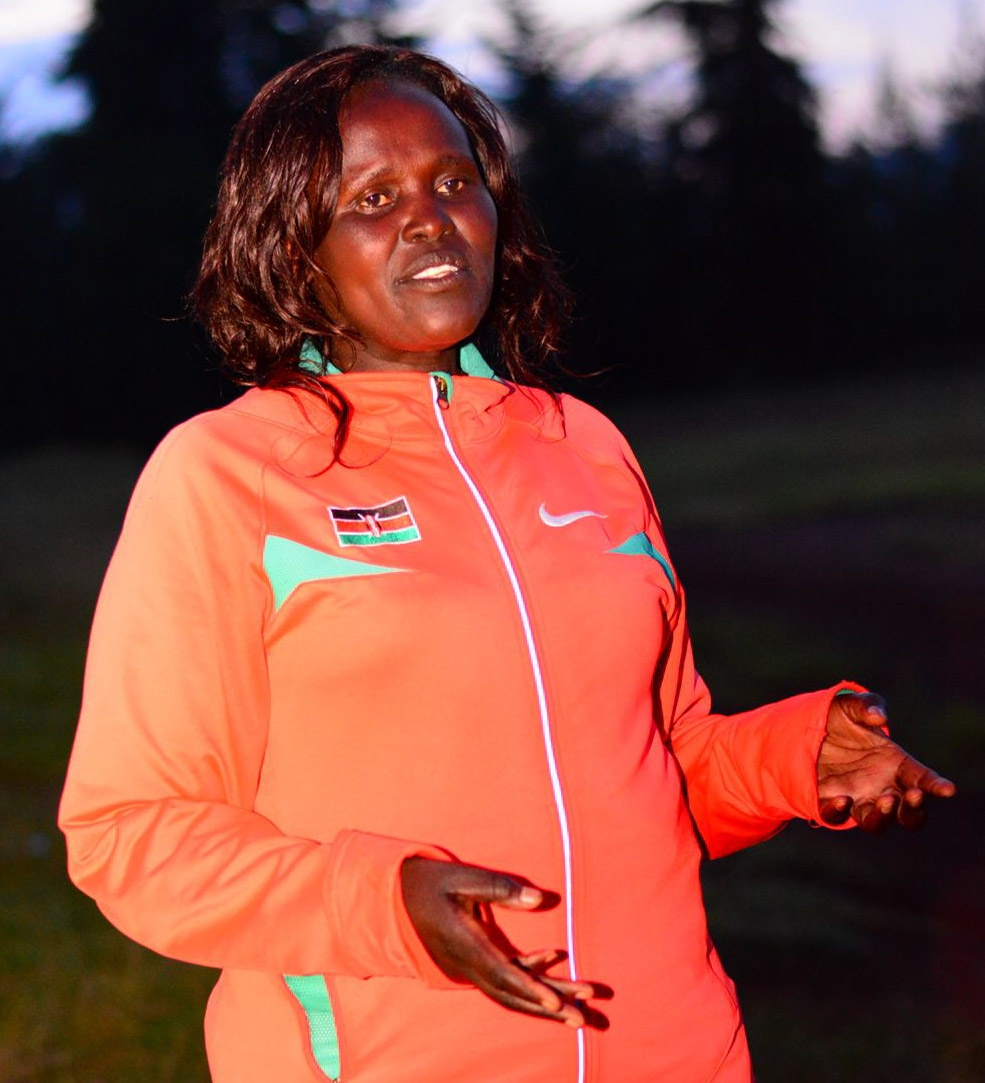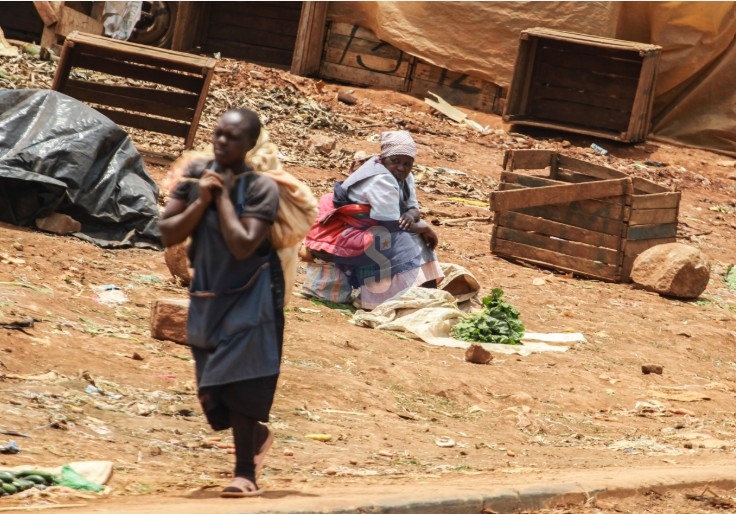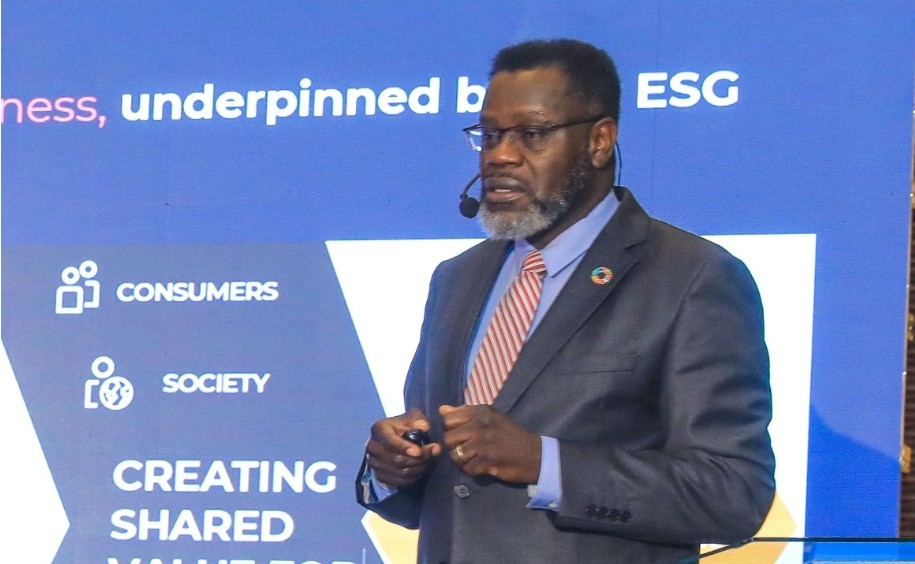A Sh4.8 million water project funded by Japan has brought hope to thousands of Mackinnon residents in Kinango, Kwale county.
It will serve more than 4,600 households.
This is the first time the residents will drink clean piped water as they are used to brown-coloured water from water pans that often go dry because of drought.
The water project was officially commissioned by the PS for ASALs and Regional Development Idris Salim Dokota and Governor Fatuma Achani early this week.
It is implemented under the UN Development Programme in partnership with the National Drought Management Authority and the Kwale government.
The Melikubwa Primary School water project is expected to end the perennial water crisis and improve food security through irrigation and learning activities.
Residents have been trekking long distances in search of water, a situation blamed for the area's slow socio-economic growth.
The water shortage has for decades derailed learning and livelihoods as drought wreaked havoc.
"It is a dream come true, we never had tap water before," resident Mwajoto Mwagawani said. He said they used to trek 20km to fetch clean tap water.
He said the project will save them from waterborne diseases as water pans is frequently contaminated due to poor sanitation.
He said open defaecation is still a problem; rainwater would mix with faeces and drain back to the water pans.
Wild animals were also a menace as they would drink, urinate and swim through the water pans.
Some malicious residents also defaecate near water sources.
Mwagawani said residents will have enough time to engage in development and become productive. He said they had little time to work because they spent long hours in search of water.
"The nomadic life is over, we will settle down and venture into businesses since water is readily available," he said.
Mwangoma Mwagaro said they will also use the water for irrigation to stop depending on relief food.
"It was hard for us to even water the kitchen garden because the water was scarce. At least now we can survive even in severe cases knowing tap water will quench our thirst," he said.
Mwagaro said he plans to grow vegetables and cowpeas.
He said the water project will also reduce human-wildlife conflict.
Mwagaro said most residents risk attacks from elephants as they go fetch water over long distances.
At least five deaths have been reported this year. The wild animals come from Tsavo National Park.
Sofia Mwacharo said the water project will curb teen pregnancies, defilement and rape.
She said sex predators used to take advantage of the long distance to defile girls and rape women as they trekked solo in search of water.
"Our security has been enhanced, it was very risky for us. Most defilement and rape cases happen along the bushes," she said.
Melikubwa Primary School and Junior Secondary principal Duncan Mwarumbo said the water project will help improve academic performance.
He said water scarcity has been a major problem affecting the concentration of learners.
"Students will have ample time to study because earlier they had to accompany parents to look for water, thus missing classes," he said.
(Edited by V. Graham)















